The EFH’s executive education programme for 2019 kicked with a one day course looking at “Business Benefits of the UN Sustainable Development Goals (SDGs).” The course, which was held in The Grassmarket Community Project in Edinburgh, was delivered by United Nations Development Programme’s (UNDP)Jamie Ervin and Malika Bhandarkar along with EFH Associate Fran Van Dijk.
The SDGs are a universal call to action to end poverty, protect the planet and ensure that all people enjoy peace and prosperity. The 17 quantitative and qualitative Global Goals reflect the aspirations of the people around the world. They are designed to address global economic, social, governance and environmental challenges, providing a common framework for shared action across all sectors and countries. In 2015,193 countries (including Scotland) adopted the SDGs, with the target date of 2030.
At current private sector participation levels there will be a US$2.4 trillion+ p/a funding gap. Business-as-usual will not deliver the 2030 Agenda. A step-change in private investment and business behaviour in SDGs is required. Despite the funding gap only a fraction of the worldwide invested assets of banks, multinationals, pension funds, insurers, philanthropists and foundations are aligned with the SDGs.
By embracing the SDGs financial institutions and businesses can demonstrate a commitment to upholding basic responsibilities to people and the planet…. at the same time as improving the bottom line. Businesses such as Unilever promote and exemplify the idea that if a company wants to be prosperous in the long-term, putting sustainability at the heart of its business model makes perfect sense. Furthermore global research by PwC found that 78 percent of customers are more likely to buy the goods and services of companies that had signed up to the SDGs.
The course provided delegates (from organisations including Mercer, Montanaro Asset Management, RJ Fleming, Project Heather and First Port) with an introduction to the SDGs, how the Scottish Government is embracing them, what they mean to the financial services sector and the role they can play in tapping into the economic opportunities estimated by the Business & Sustainable Development Commission to be worth at least US$12 trillion a year by 2030.
On the day Jamie Ervin and Malika Bhandarkar provided an interactive introduction to the SDGs with a particular focus on nature-based and nature-friendly solutions to the SDGs. The session also covered the principles of SDG implementation and measuring impact. Demystifying the SDGs
Fran Van Dijk provided an update on the Scottish Government’s approach to mainstreaming the SDGs at the national level before providing a number of best practice examples from the. The session finished with an exercise that allowed participants to think about how to identify, prioritise and align SDG goals and targets to the strategy of a fictitious company.
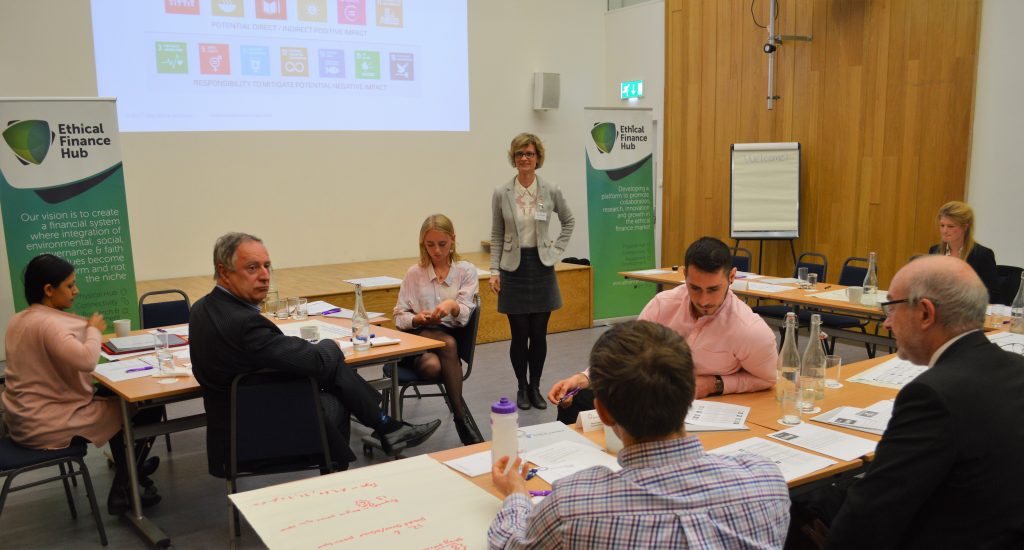
Participant Feedback
“Really interesting and thought provoking. I was aware of the SDGs but had never taken much time to stop and focus a bit of thought on them.”
“Good course, well organised and offered tangible benefits in terms of learning outcomes.”
“Topics flowed into each other towards planning for practical implementation of the SDGs.”
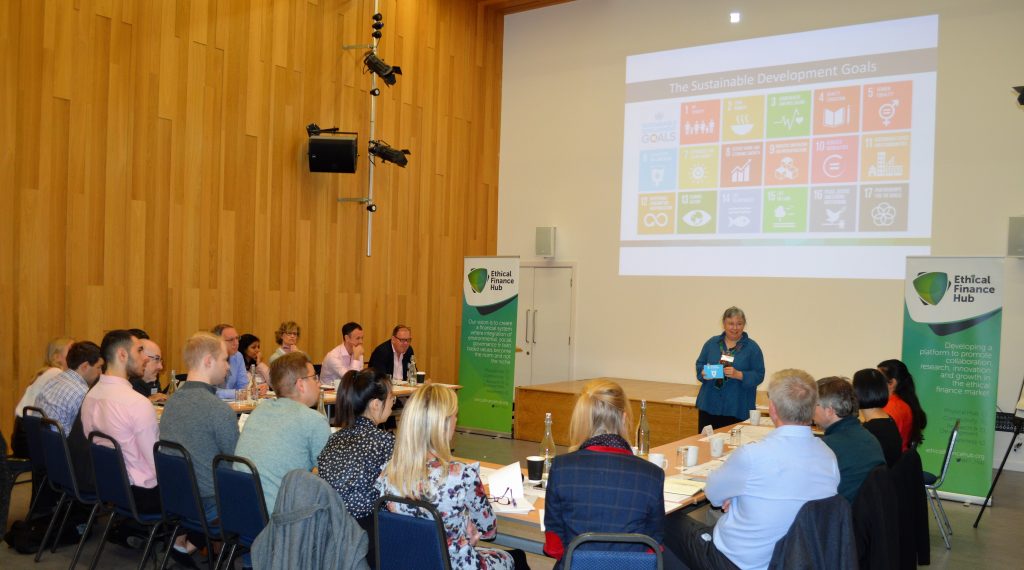
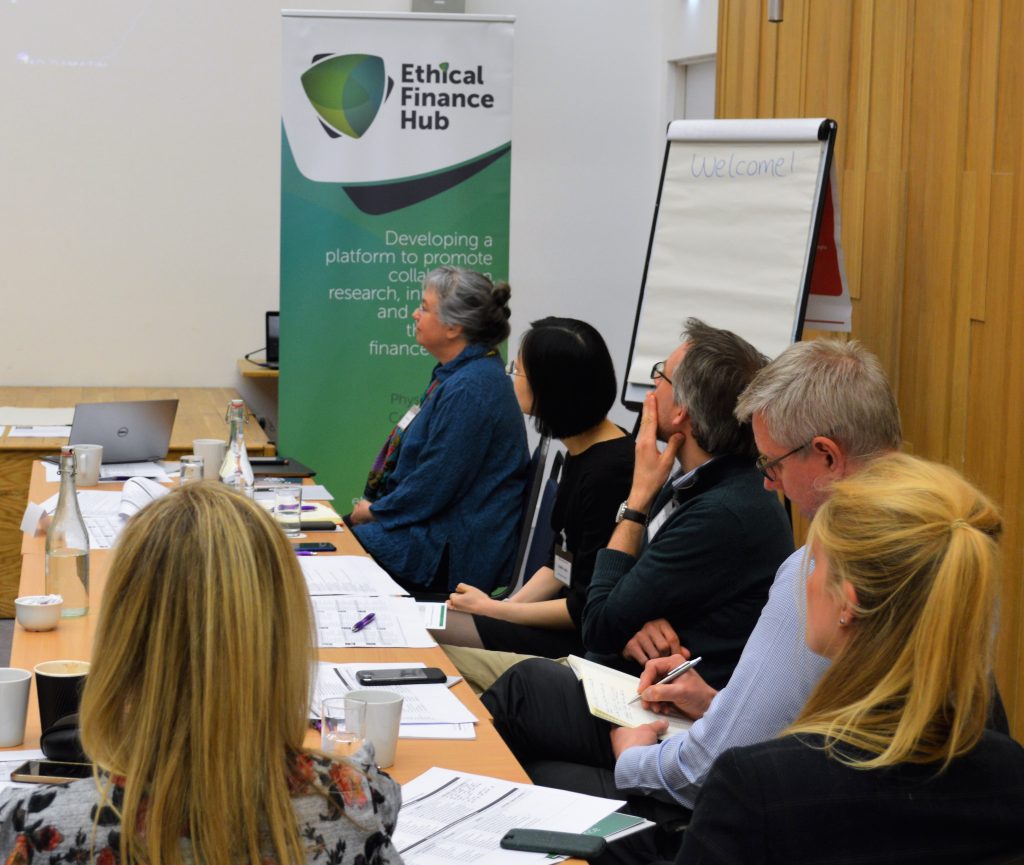
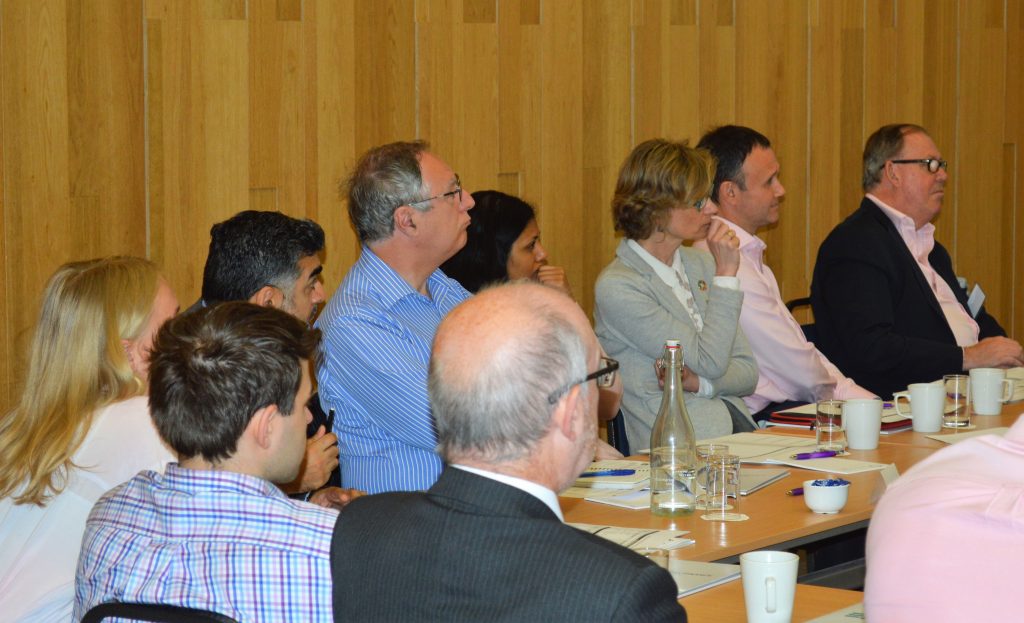
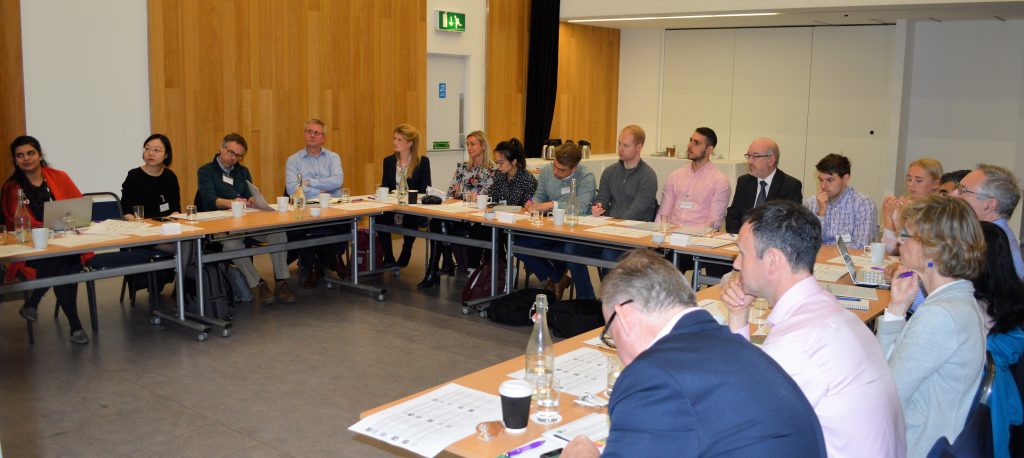
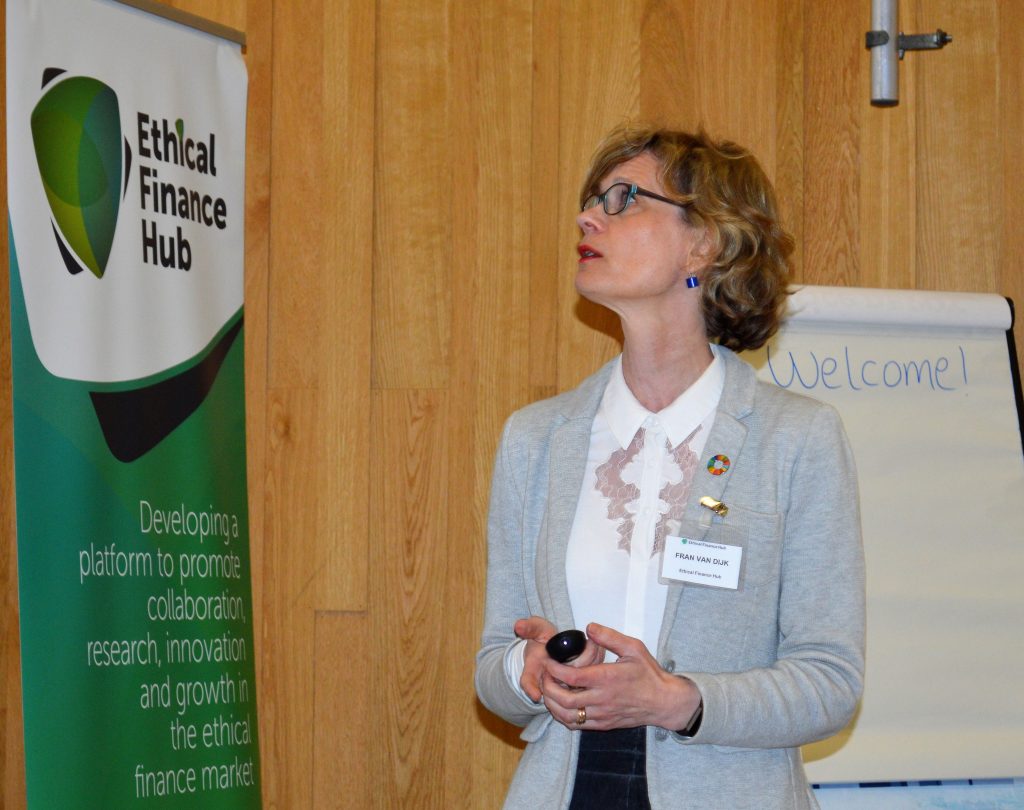
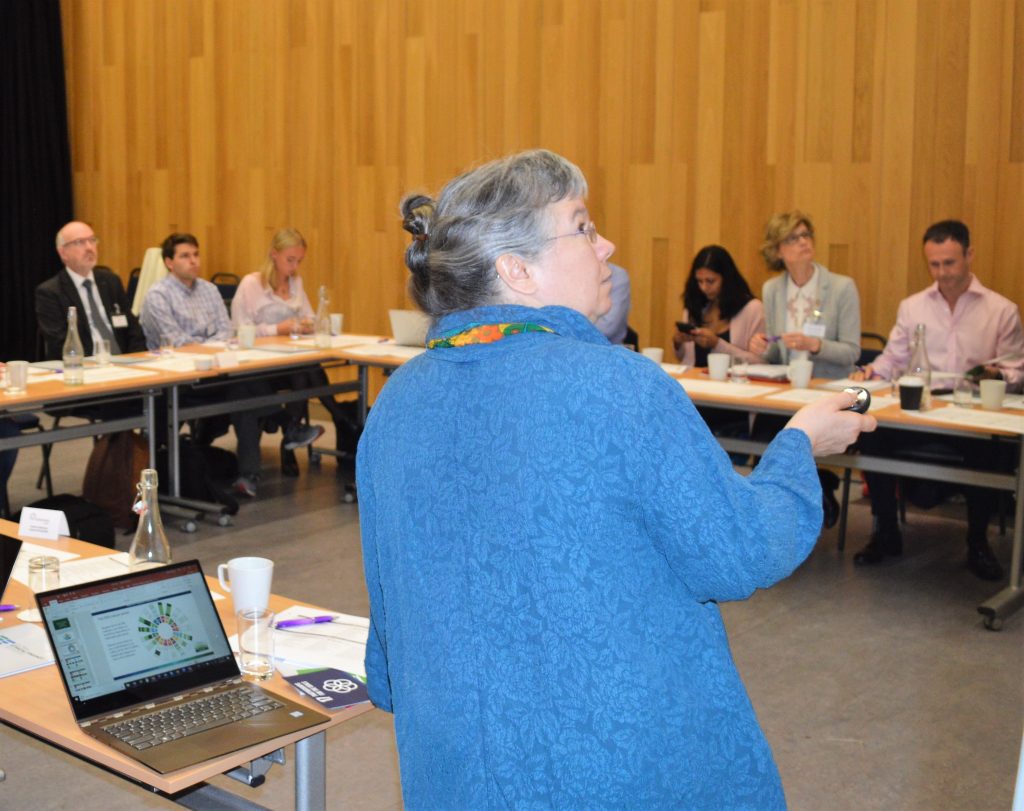

0 Comments
Leave A Comment